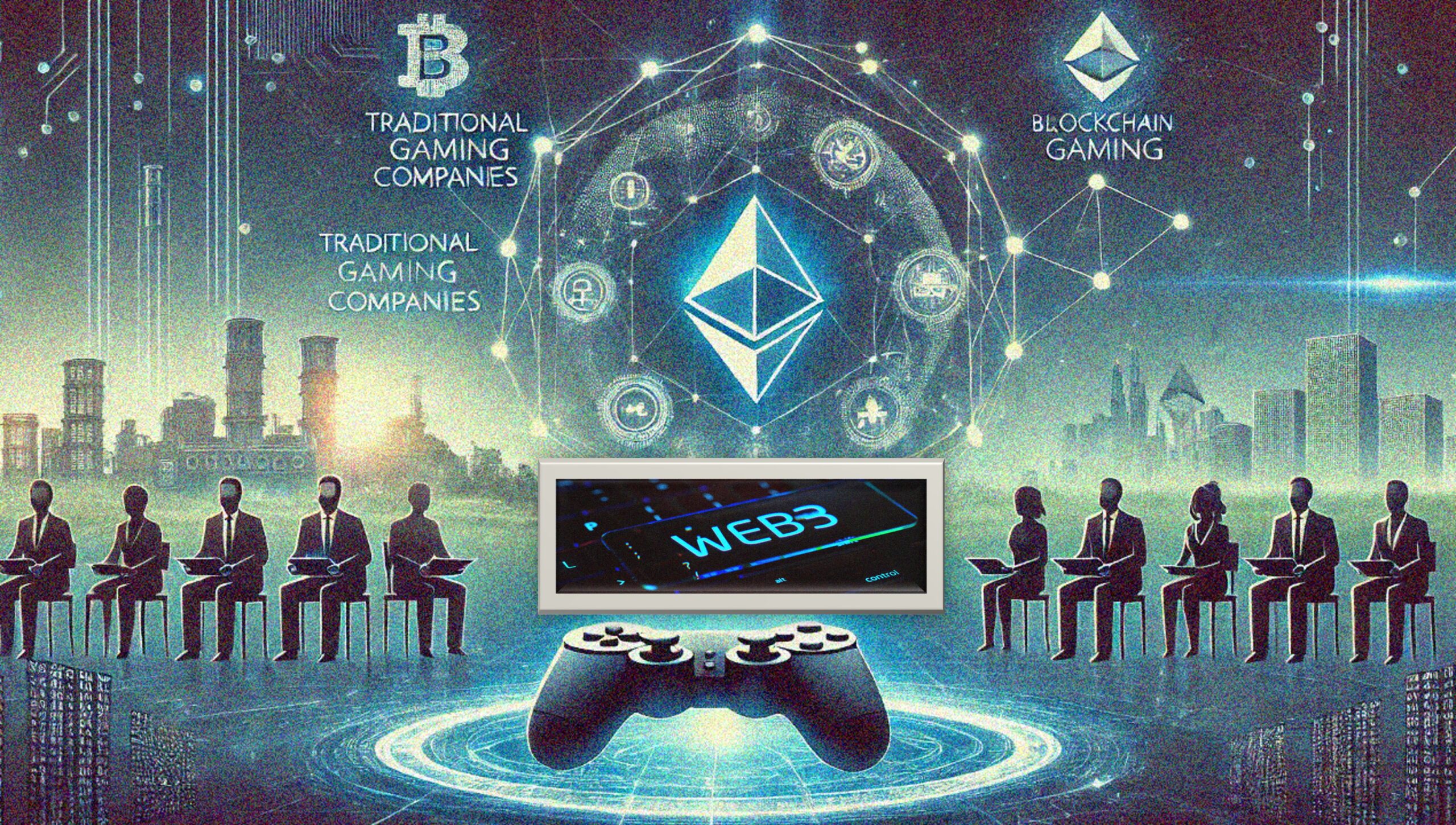
The ‘2024 State of the Industry’ report by the Blockchain Game Alliance reveals that 52.5% of professionals in the Web3 gaming space come from traditional video games. This is the highest percentage since the survey began in 2021, highlighting the growing conventional gaming influx of experts into this emerging sector.
On the other hand, Blockchain and crypto specialists now account for just 10.8% of the Web3 gaming workforce, a notable drop from 21.7% in 2023.
A key takeaway from the report is that digital asset ownership continues to be the most valued feature in Blockchain games. Among the 623 respondents, 71% (or 442 people) considered this a major advantage. The report also highlights recent innovations like dynamic NFTs and Soulbound Tokens (SBTs), which enable more personalized experiences and stronger connections with players, expanding the concept of digital ownership in games.
Fully onchain games are an innovation akin to breakthroughs in mobile technology like augmented reality (AR), because they introduce entirely new ways of interaction and functionality, requiring advancements in infrastructure and design to unlock their full potential. Onchain games unlock new possibilities, such as player-owned economies, decentralized governance, and autonomous worlds. Players can vote on rule changes and influence a game’s direction, reshaping the relationship between players and developers.
The study also points out significant challenges the Web3 gaming industry needs to tackle. Notably, 33.6% of respondents in 2024 identified a lack of understanding as a major barrier, underscoring the urgent need for education among both players and developers. To drive adoption among new users unfamiliar with crypto assets or NFTs, it’s crucial to create more accessible Blockchain games with intuitive interfaces and simplified experiences that remove technical complexity.
The introduction of free-to-play options and gasless transactions — where a trusted relayer or the game developer covers the gas fees on behalf of the player, or layer-2 scaling solutions, which significantly reduce transaction costs by bundling multiple transactions off-chain before finalizing them on the main blockchain — has made blockchain gaming more accessible than ever. By eliminating upfront costs and transaction fees, these innovations have removed significant barriers that previously discouraged new players from exploring the industry, making it easier for anyone to get started. By removing the need for players to hold NFTs or cryptocurrencies, or pay transaction fees upfront, these innovations create a seamless entry point for newcomers to blockchain gaming. This, however, is only the starting point as challenges with onboarding are clearly still a major concern for the industry.
Despite the effort to shift the Web3 elements into the background, a lack of understanding of blockchain concepts remains a major challenge, with 33.6% of survey respondents citing this as an issue in 2024. While efforts to educate both players and developers are ongoing, misconceptions around the role of blockchain in gaming persist, mainly due to a need for more simplified explanations and processes surrounding its application. Streamlined communication and clearer explanations will help to fully convey blockchain’s long-term benefits without adding complexity.
Additionally, two-thirds of respondents pointed to allegations of scams as a major challenge, while 30% expressed concerns about bot activity in Web3 games. To tackle these issues and build trust, companies in the sector need to carry out independent audits to verify project legitimacy and ensure they adhere to quality standards. Clear communication and continuous engagement with the community are crucial to overcoming skepticism.
The Blockchain gaming space is gaining momentum, driven not only by the growing involvement of traditional industry developers but also by the interest of major gaming giants like Sega, Square Enix, and Konami. These companies have partnered with the crypto platform Coincheck in a deal announced by the Japan Cryptocurrency Business Association (JCBA).
This collaboration also brings together gaming companies like COLOPL and Drecom, as well as top law firms like Mori Hamada & Matsumoto and Anderson Mori & Tomotsune. The formation of this subcommittee aims to drive the development and regulation of blockchain securities, NFTs, and other decentralized technologies.
Subscribe to the Purse.io Newsletter to stay updated with our weekly insights on Blockchain, e-commerce, and cryptocurrencies. Don’t forget to follow us on X for the latest on Hamza, the first Web3 marketplace powered by the Loadpipe protocol and the LOAD token. This solution is designed to enhance e-commerce with low gas fees, trading freedom, and a wide range of cryptocurrencies.
- blockchain education (8)
- blockchain games (2)
- Blockchain security (1)
- crypto adoption (25)
- Crypto platform Coincheck (1)
- cryptocurrencies (80)
- Decentralized governance (1)
- Digital asset ownership (1)
- e-commerce (56)
- Gaming giants (1)
- Gasless transactions (1)
- Layer-2 solutions (1)
- loadpipe protocol (26)
- nfts (14)
- Onchain games (1)
- Player-owned economies (1)
- Soulbound Tokens (SBTs) (1)
- web3 gaming (2)